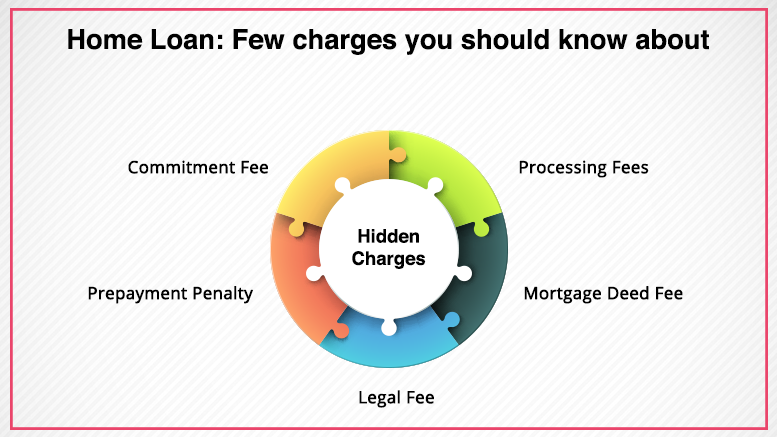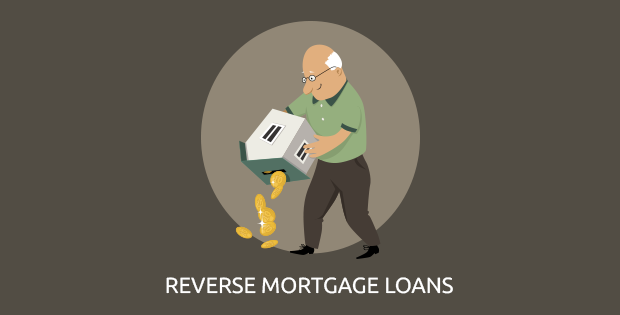
- About Us
- OUR OFFERINGS
- CALCULATORS
- RESOURCE CENTRE
-
Quick Links
- Existing Customers Benefits
- Become a Partner
- Pre-Approved Projects
- Home Loan App
- Blog
- CSR
- Locations
- Roi Switch Policy
- Co-Lending Policy
- Co-Lending Partnerships
- Customer Sensitization Program
- ROI Range
- Borrower Education - SMA/ NPA classification
- Borrower Awareness - RBI Ombudsman Scheme
- Borrower Awareness - procedure for handover of property documents
- NEWS CORNER
-
INVESTOR RELATIONS
- Financial Reports
- Investor Presentations
- Annual Reports
- Notices
- ESG Profile
- IEPF
- Investor Call Transcript
- Corporate Announcement
- Public Issue of NCD'S
- Qualified Institutional Placement
- Investor Relations Contact
- Familiarisation Programmes
- ISO CERTIFICATIONS
- Forms for Shareholder KYC-PAN-Nomination update
- Credit Ratings
- Statutory Advertisements
- ODR Portal
- Rights Issue
- Sustainable Financing Framework
- CONTACT US
- Login
 Apply
ApplyOnline

India's 1st Completely Online Home Loan!
-
e-APPLY
-
e-SANCTION
-
e-DISBURSE
Start your eHome Loans Process Now!
Apply OnlineJoint home loans: To do or not to do?

- Home Loans Guide
- Jul 28, 2015
- VIEWS: 3373
We have all heard of home loans haven’t we? The banks take into consideration the eligibility criteria before sanctioning a loan. A borrower must be at least 21 years of age and at most 60 years of age to avail a loan. However the age criteria varies from bank to bank. Also the borrower must have a high CIBIL score, usually above 750 to be within the eligible bracket to receive a loan. Once the borrower is proved eligible, he/she is entitled to a maximum loan amount of 60 times his/her monthly net income. For example if Mr. A who is 30 years old earning a monthly income of Rs. 80,000/- applies for a loan, he will be entitled to an amount of Rs. 48,00,000/-. What if Mr. A is looking to buy a flat worth 1.5 crore? So where does he acquire the balance from, to pay for his house? This is where joint home loans come in. He can take a joint home loan with his spouse, sibling, parent or son. The one who jointly takes a loan with him is called the co-applicant. The banks then take the joint monthly income of the co-applicant and the borrower and club it as one, increasing the loan amount the borrower and the co-applicant are entitled too. This means that the co-applicant also has the responsibility for the repayment of the loan. This indeed will make it far easier for Mr. A to buy the flat that was always on his mind. The borrowers can claim the interest paid on the loan as a deduction under section 80c in the ratio of the interest paid. However if the co-applicant has a poor CIBIL score, the banks will not consider his/her score and the amount the borrower is entitled to,won’t increase. Usually there is a lot of ambiguity between the definition of a co-applicant and a co-owner. A co-owner includes the owners of the concerned property to be purchased. A Co-applicant is the person who jointly takes a loan along with the borrower. Banks insist all the co-owners be co-applicants mandatorily. On the other hand, co-applicants don’t necessarily have to be co-owners. It is always better to go in for a joint loan, if the loan required is exorbitant. One should keep in mind that a higher loan is accompanied with a greater interest over a period of time. On the other hand, if the borrower has the capacity to make a huge down payment, he shouldn’t go for a joint loan and must opt for a single home loan, thus saving on the total cumulative interest and the risk to pay the bank more. Related Articles:
- Benefits Of Joint Home Loan
- How To Claim Tax Benefits On Joint Home Loans?
- 4 Advantages Of Married Couples Jointly Owning A Home
The post Joint home loans: To do or not to do? appeared first on Indiabulls home loans.

Top up home loan vs personal loan a comparison to determine the better choice for loans
Taking on a loan of any kind is a financial responsibility. It is a debt that needs to be repaid, in full, based on the tenure chosen by the borrower. Most banks, housing finance companies and non-banking finance companies offer a myriad of loans to finance the different needs of customers.
- Home Loans Guide
- Jul 23, 2019
- VIEWS: 8922

MCLR in Home Loan
The interest rate is one of the most important components of a loan, especially in the case of a high-value loan that lasts for 2 decades or more; the home loan.
- Home Loans Guide
- May 24, 2019
- VIEWS: 6669

Types of Home Loan Charges
Most people fulfil their wish of becoming homeowners by taking out a home loan. It is the easiest way to afford a property as one can pay for the house in monthly instalments.
- Home Loans Guide
- May 24, 2019
- VIEWS: 7970
No Comments
Subscribe
Most Viewed Blogs
Categories
- Home Loans Guide 125
- Home Renovation Loan Guide 3
- Home Loan Transfer Guide 14
- Home Extension Loans Guide 1
- Loan Against Property Guide 28
- Home Loan Interest Rates Guide 2
- Others Guide 8
- Home Decor & Lifestyle Guide 5
- Plot Loan Guide 3
- PMAY Guide 5
- Uncategorized Guide 1
- NRI Home Loans Guide 5
- Financial Resolutions Guide 1
- New Year Resolutions Guide 1
Archives
- Mar 2020
- Jan 2020
- Nov 2019
- Jul 2019
- Jun 2019
- May 2019
- Apr 2019
- Mar 2019
- Feb 2019
- Jan 2019
- Dec 2018
- Nov 2018
- Jul 2018
- Jun 2018
- May 2018
- Apr 2018
- Mar 2018
- Feb 2018
- Jan 2018
- Dec 2017
- Nov 2017
- Oct 2017
- Sep 2017
- Aug 2017
- Jul 2017
- Jun 2017
- May 2017
- Apr 2017
- Mar 2017
- Feb 2017
- Jan 2017
- Dec 2016
- Nov 2016
- Oct 2016
- Jun 2016
- Apr 2016
- Mar 2016
- Feb 2016
- Jan 2016
- Dec 2015
- Nov 2015
- Oct 2015
- Sep 2015
- Aug 2015
- Jul 2015
- Jun 2015








